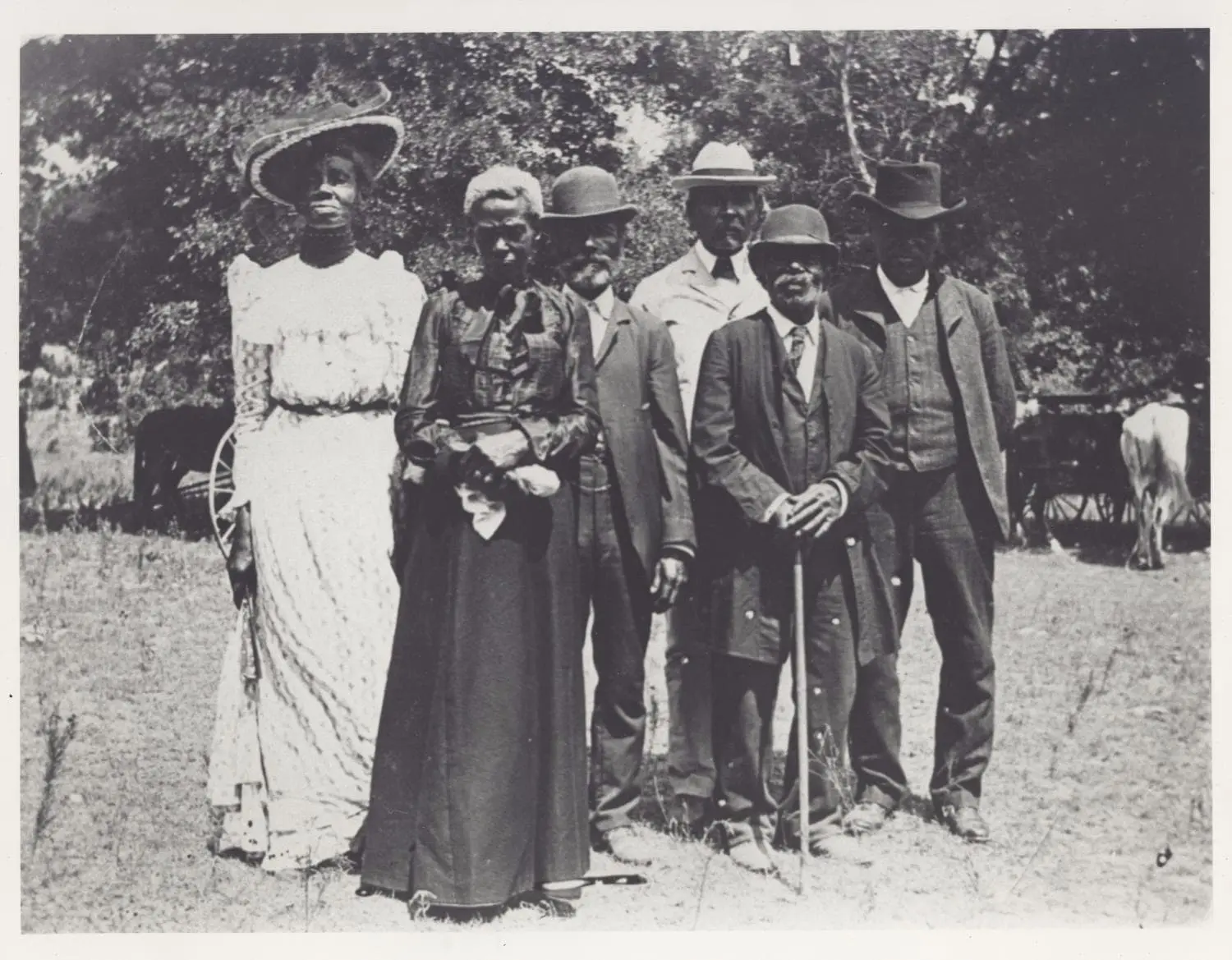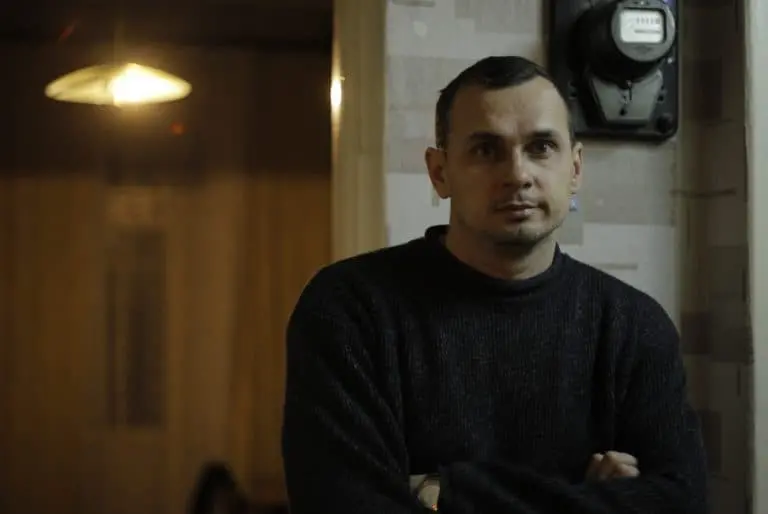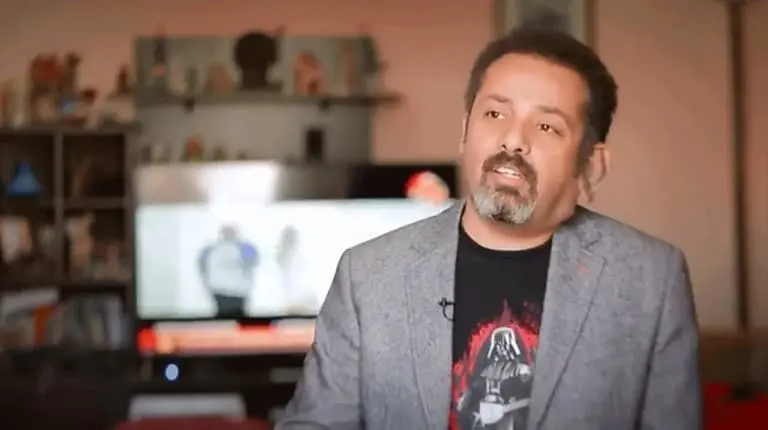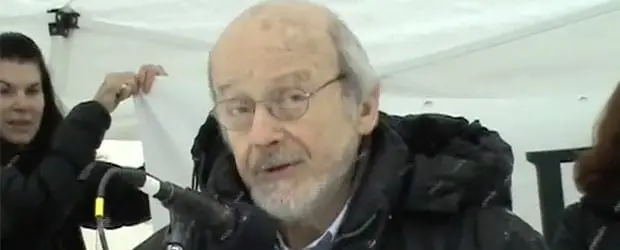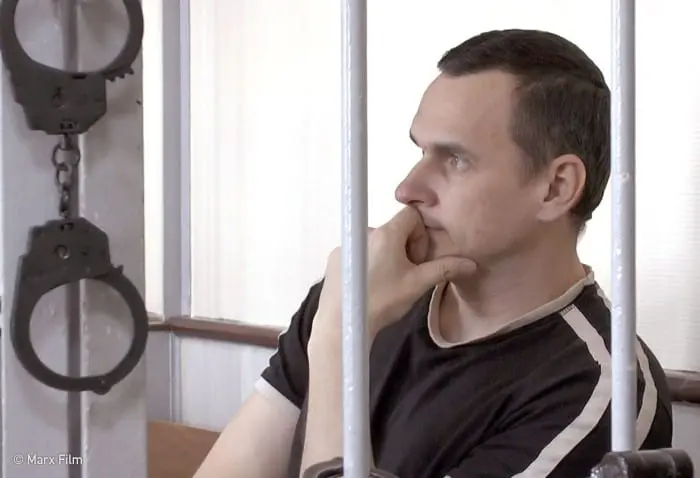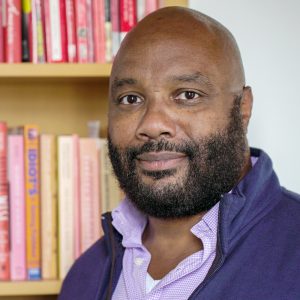 It’s almost the close of our 2018 Emerging Voices calendar, and Fellows Jubi Arriola-Headley, Ron L. Dowell, Natalie Mislang Mann, Angela M. Sanchez, and Francisco Uribe have words to share. A weekly series through the end of July, PEN America’s blog will feature essays on these writers’ lives and how Emerging Voices helped them claim “writer” as identity.
It’s almost the close of our 2018 Emerging Voices calendar, and Fellows Jubi Arriola-Headley, Ron L. Dowell, Natalie Mislang Mann, Angela M. Sanchez, and Francisco Uribe have words to share. A weekly series through the end of July, PEN America’s blog will feature essays on these writers’ lives and how Emerging Voices helped them claim “writer” as identity.
Are you a writer? Apply to be a 2019 Emerging Voices Fellow through August 1. Want more of the 2018 Fellows? Join us for the Final Reading on August 3 at the Moss Theater in Los Angeles or via Facebook Live.
What Am I?
“Forty pages of poems. That’s the goal we’ll set for you. You’ve got, what, six months ‘til the end of the fellowship? That’s like six, seven pages a month. Two pages a week. You can do that. Easy.” My mentor, poet Doug Manuel, looked at me, waiting I suppose for me to agree that yes, this is entirely reasonable, forty pages, no sweat, his expression conveying a certainty I absolutely did not feel. Maybe for him forty pages was doable. He was the writer, not me. I was
—
What was I?
If not for the PEN America Emerging Voices Fellowship, I can’t imagine how I’d ever have let this sentence form in my mind, much less speak it out loud, to another person: I am a writer. How could I be a writer? I used to think. A writer is someone who’s published. A writer is someone whose work other people want to read. I’d had these strictly production-oriented definitions of writer tattooed on my brain—that is, before I had the opportunity to sit down with Daniel Lisi, founder of publishing house Not A Cult Media, who said this to me:
“You need to focus less on outcome, and more on process.”
In other words—it’s about the writing, stupid.
Doug, ever the supportive and—against all reason—perennially ebullient mentor, labored to get me to see this. (I’ve never actually seen him frustrated, but I suspect there might have been one or two moments he wanted to throttle this hard-headed student. Which is to say, me.) He got me to understand that the key to becoming a writer, first, last, and always, is to write. He got me to commit to establishing a writing practice. “Even if it’s only ten minutes a day,” he urged. “Set a specific time to do it, come up with a ritual to prepare yourself to do it, do whatever you need to do to get it done, but just do it.”
And, so, I did, tentatively—like when I was learning to swim; I didn’t dive in at first, I more sort of waded in, anticipating the shock of ice-cold water or the pummeling of a huge wave. But to get this work of writing done, you’ve got to let go of the notion that every time you write, you need to produce Pulitzer Prize-winning material. Some days I stare at the page and nothing comes. Some days I write three, four pages and look back on it and think, “If I had a gerbil I suppose I could line his cage with this.” But, every so often, on a good day, I come up with something that’s good enough that I think I might not toss it in the trash. Right now I’m 25 down, 15 to go, and on track to finish that entirely unreasonable, or so I thought, 40.
Through the generosity of PEN America Emerging Voices Fellowship, I’ve had the opportunity to meet with published writers of fiction, poetry, and memoir, and, chief among the great pearls of wisdom they have shared with me is this: This is the work of being a writer. There’s no magic pill, no chemical formula, no hack, no listicle that can help you be a writer. If you want to be a writer—first, last, and always, you have to write. So that’s what I’m going to do, because that’s what I am.
I am a writer.

